Brexit: UK and EU leaders are trying to sign a last-minute deal about their future relationship
- Published
- comments
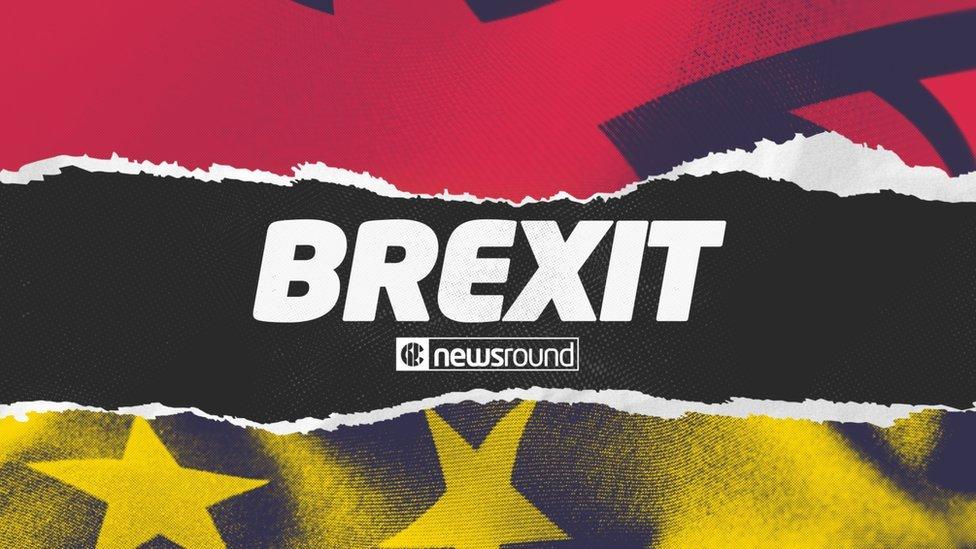
Brexit - or how Britain is leaving the European Union (EU) - is back in the headlines.
It's because the talks on what the future relationship between the UK and the EU could look like are reaching a crucial stage.
Whether a deal is agreed or not will set a path for the UK for the next few years and could have a big impact on UK jobs, businesses and prices.
So time for a quick update!
Why hasn't Brexit happened yet?
Well actually it has!
Britain actually officially left the EU on 31 January 2020 but since then we've been in a transition period - where the rules stayed the same to allow people and businesses to get ready for whatever the relationship was going to be next.
That transition period ends on 31 December 2020, and Prime Minister Boris Johnson has promised it won't be extended, so the deadline is getting really close now.
What's going on right now?
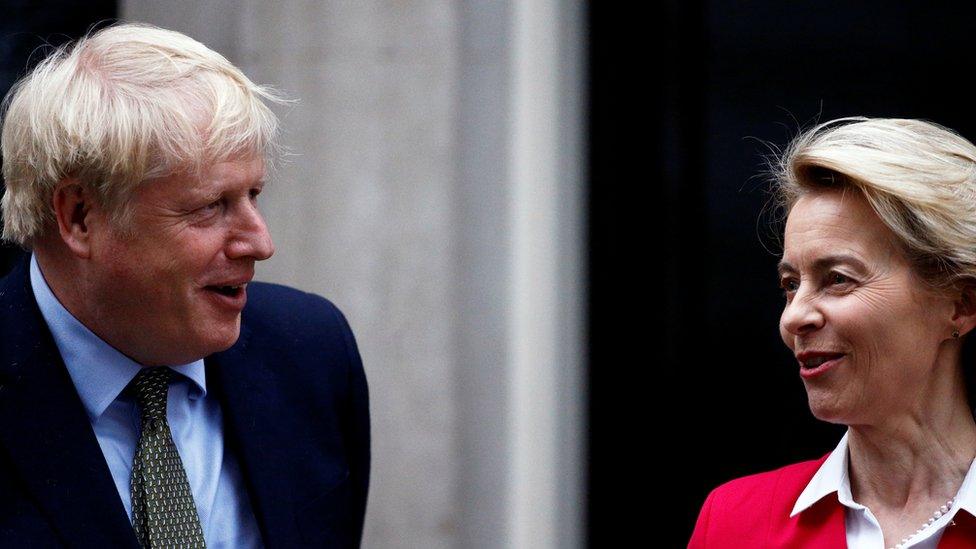
Boris Johnson and Ursula von der Leyen when they met earlier this year
Senior officials from the EU side and the representatives of the UK government are meeting to try to work out the final pieces of a really complicated jigsaw of what the relationship will be between the UK and the EU in the future.
It will be looser than it was when the UK was in the EU, but if a deal is struck it will set out the future rules by which people in the UK can go on holiday, work and do business with other companies in the UK.
In any agreement, both sides have to compromise while trying to hold on to the things that are most important to them, so in the end, these complicated discussions can come down to a few knotty issues.
After the two negotiating sides came to a standstill over the weekend, Prime Minister Boris Johnson made a phone call to the European Commission president Ursula von der Leyen to try to move things forwards - and talks now have resumed.
But what will happen next is really uncertain.
Why is it going down to the last minute?
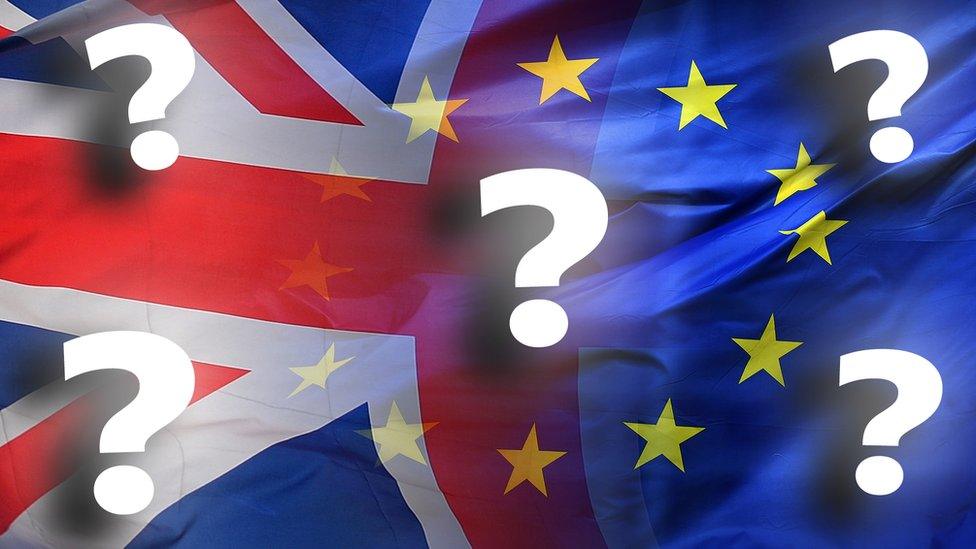
This is often the case with big international agreements.
Countries are trying to get the best deal for their sides so they hold off making a final compromise until the last minutes, hoping they won't need to.
Sometimes one or both sides decide they can't go any further and can't compromise on things that are really important to them - so the deal doesn't get made.
What can't they agree on?
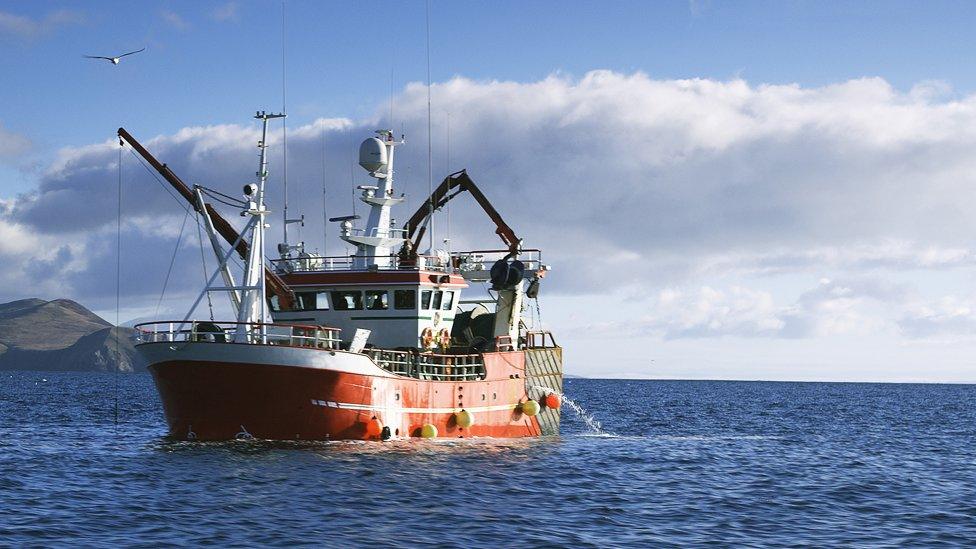
According to BBC experts there is agreement on a lot of things - involving security, benefits for people from the UK and the EU living abroad, and airline safety.
But the three main areas both sides are stuck on are reported to be: fishing rights (who gets to fish where), how much support governments can give to the industries in their countries, and who will make a judgement if one side complains that the other is breaking the rules in the future.
What if they don't get an agreement?
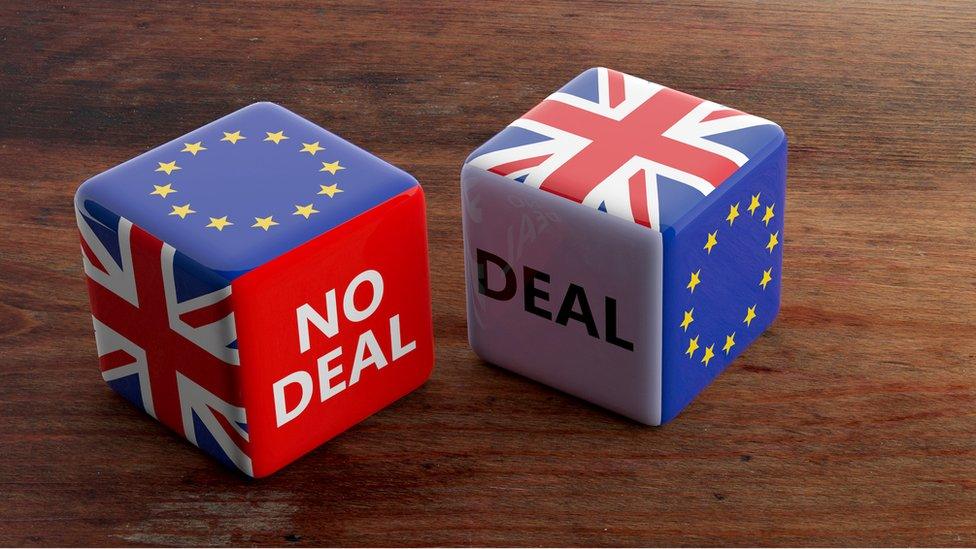
There is a lot of business done between the EU and the UK, which won't change overnight.
If no deal is done then the UK and the EU will fall back onto the basic rules of the World Trade Organisation, which is how the UK and EU do business with many other countries - like the US for instance.
Some UK politicians say they would be happy with that, but the idea of trade deals is to make it easier to work with countries you do a lot of business with, so others - including Mr Johnson - feel that if a good deal can be agreed, that would be better for the UK.
If no deal is done, other things will change such as: travel rules will be different which will affect holidays. people planning to move between the UK and EU to live, or study work will no longer be automatically allowed to do so, the UK will no longer make big annual payments towards the EU's budget and businesses trading with the EU will face a lot more paperwork.
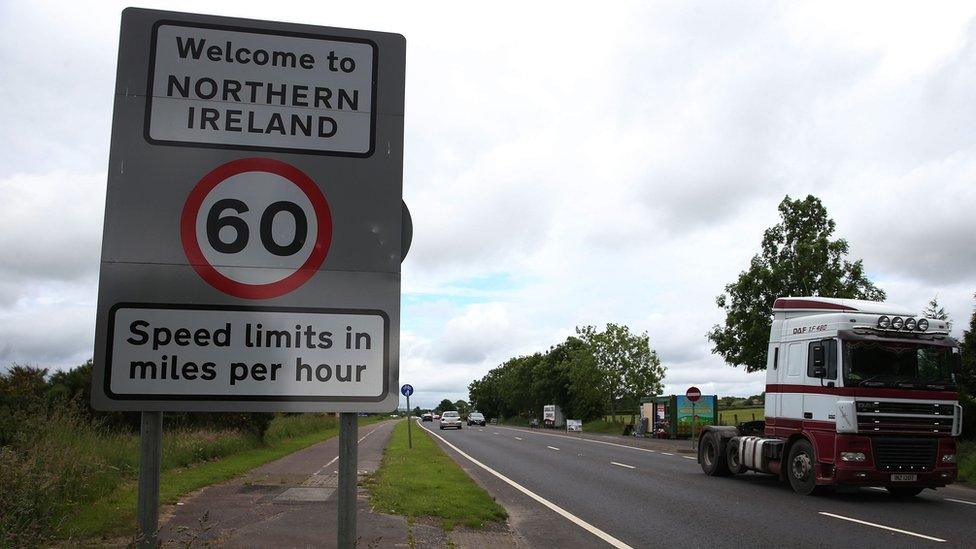
There will also be complications over the situation in Northern Ireland. Currently the deal the UK signed to leave the EU - the Withdrawal Agreement - set up a system which kept Northern Ireland closer to EU rules than the rest of the UK.
The UK government is trying to give themselves the option to change those rules by passing a controversial new law in Parliament - the Internal Market Bill - to put in place new rules if no deal is agreed. This is causing controversy as the UK government have admitted it breaks international law, but said they would only use it in the case of no deal being agreed.
What will happen next?
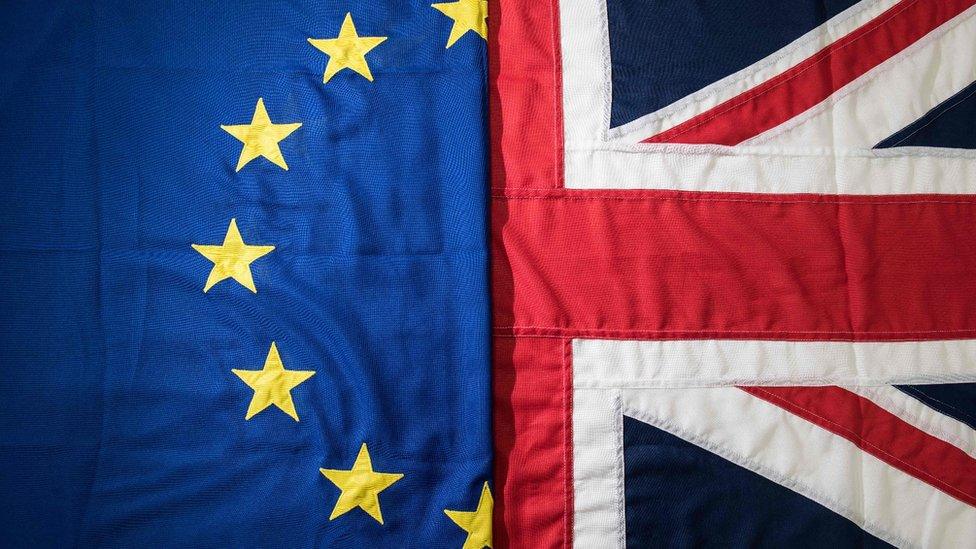
The truth is we don't know!
The transition period ends on 31 December 2020, so from that point the rules will change - so both sides say that if they can get a deal, they hope to have it done by then.
But just because the officials negotiating the deal agree, the new rules would still have to be agreed by UK leaders, all the EU leaders and the EU parliament so there's still a way to go!
